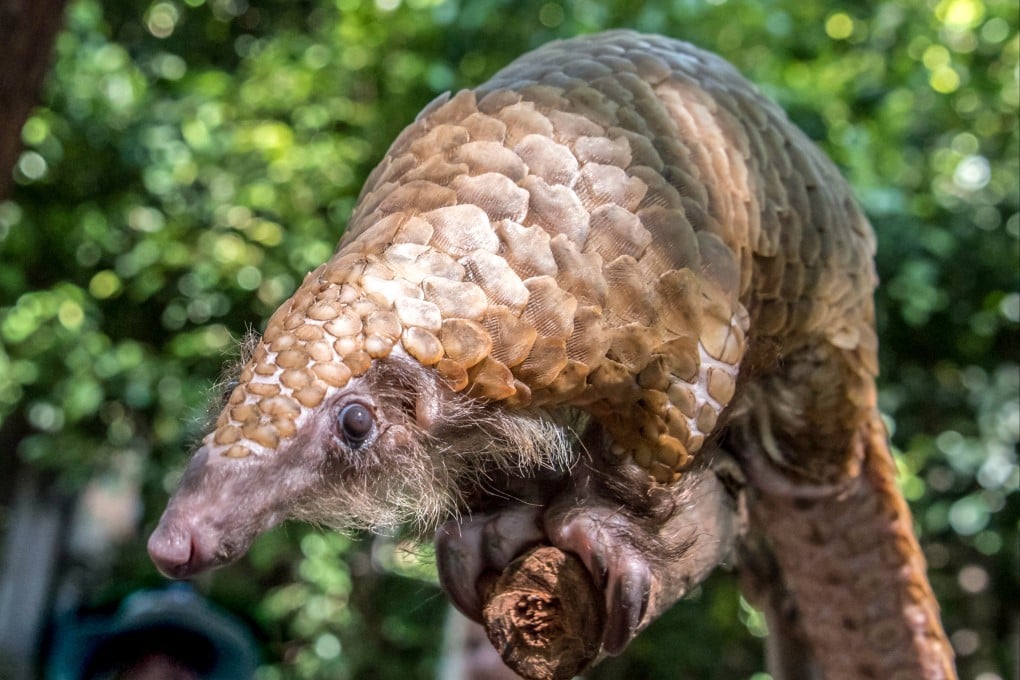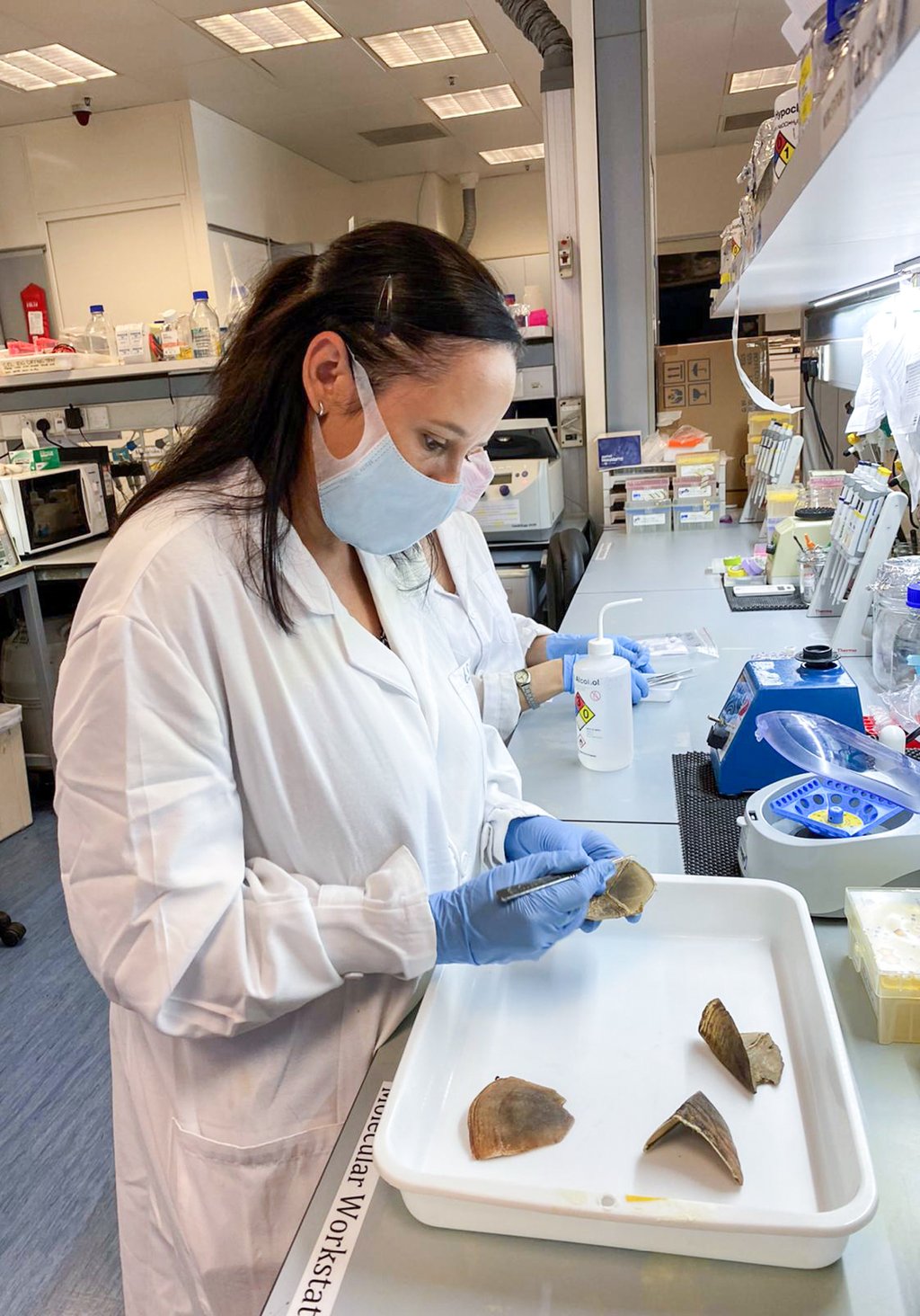Advertisement
Genetic test tracks origins of illegal pangolin products in China, adding to conservation toolkit
- Scientists say southern Cameroon is emerging as poaching hotspot for endangered animals whose scales are prized in traditional Chinese medicine
- Genetic testing method can reduce time between seizing pangolin parts, tracing trade routes and cracking down on traffickers, according to researchers
Reading Time:3 minutes
Why you can trust SCMP
1

An international team of scientists say they have developed a new method to identify the origin of pangolin scales, adding to the toolkit for cracking down on the poaching and trafficking of the endangered animal, which is prized in China.
Advertisement
The researchers found that poaching activity shifted from West to Central Africa from 2012 to 2018 as the Asian pangolin population shrank, with Cameroon’s southern border emerging as a poaching hotspot.
The team said the shift could be a response to increased enforcement, declining pangolin populations in West Africa or convenient new trade routes.
They also identified Nigeria as the highest-volume transit hub in Africa, where traffickers gather pangolin scales and then ship them overseas, according to maps of African pangolin seizures.

China is the largest market for pangolin scales, which are in high demand for use in traditional Chinese medicine despite no evidence of their efficacy, according to a paper by the researchers published in the peer-reviewed journal Science on Friday.
Advertisement

Advertisement